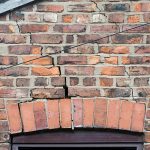Listen to this article...
1: Smart Central Heating
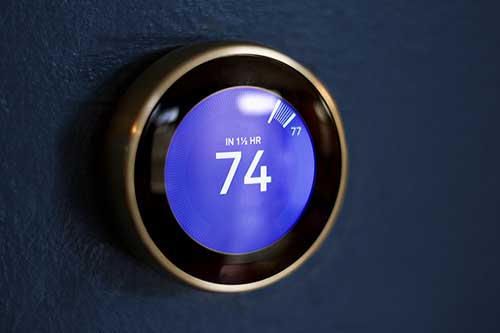
2: Turn Off The Lights
It might seem obvious, but turning off your home’s lights when they’re not being used is a simple way to save energy. Plus, it makes you more aware of unnecessary electricity use throughout the day! One of the most common things UK home owners can do to improve their energy usage is to simply turn off any lights when they leave the room.
A great way to make sure that you remember to turn off the lights is to install a light switch timer. This will automatically turn off the lights in your home after a set amount of time, so you don’t have to worry about forgetting.
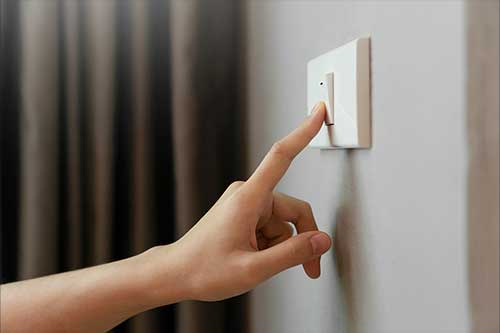
3: Upgrade Appliances
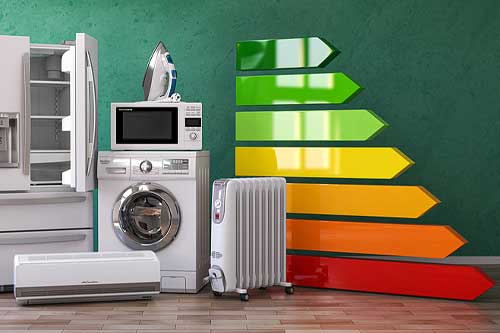
4: Unplug When Not In Use

5: Install Solar Panels
With the current global energy crisis and discussions following the cop26 energy summit centred around how UK homeowners can efficiently switch from using fossil fuels to more sustainable energy sources there has been much talk about the use of solar energy.
Installing solar panels is a great it way to reduce your reliance on fossil fuels and produce your own clean energy. In the past there used to be Green energy grants ran by the UK Government, however currently there are no grants available to homeowners. Hopefully this will soon change as a result of Cop26 as forking out for the installation of solar panels for your roof can get quite expensive, not only do you have to pay for the panels but you also need a system for storing and converting the electricity they collect into usable energy for your home electrics.

6: Use Less Water
Conserving water not only helps reduce your monthly water bill, but also reduces the strain on the UK’s water processing infrastructure. Common ways to reduce your water usage in your home include; installing a water butt to collect rainwater, taking shorter showers, turning taps off when brushing your teeth and even switching your toilet cistern to a low flush model which uses less water to flush the loo.

7: Recycle Your Rubbish
Recycling of house hold waste has been a hot topic for decades now, an over that time homeowners have gotten much better at recycling their household waste. Supported by local authorities and councils making the process much easier. Recycling technology has improved over this time meaning more and more materials can be recycled from paper through to used cooking oils.
Recycling not only helps reduce the amount of waste that goes into landfills, but also saves energy by requiring less new materials to be manufactured.
Homeowners should ensure that they are recycling as much of their waste as possible and if they’re not sure how to recycle a particular material there is usually plenty of information available online or from their local council.
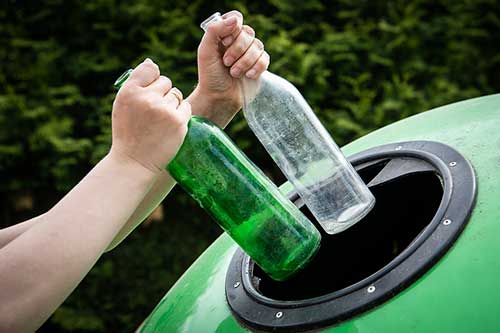
8: Install Loft Insulation
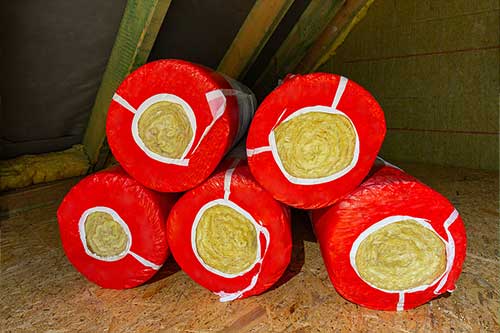
9: Upgrade Your Windows
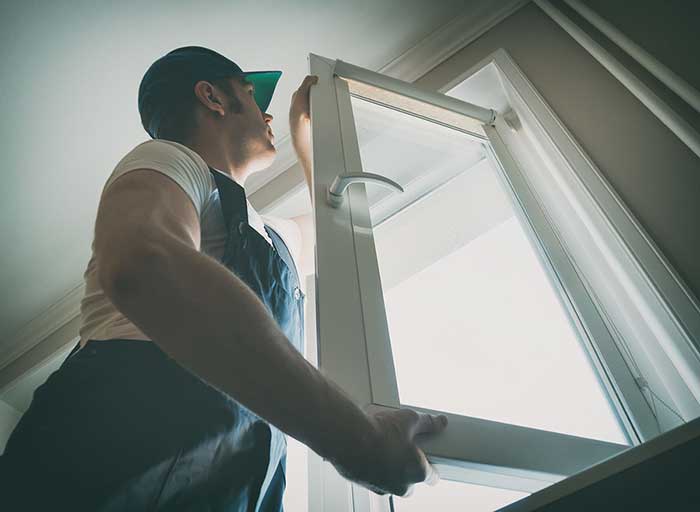
10: Use energy efficient light bulbs

Bonus Tip: Shut doors!
Whilst I’ve been sat here writing this article in the company of my children it occurred to me that one way to keep your room warm when you have been running the central heating is to make sure that the doors to your rooms are kept shut. If doors are open heat can escape from the rooms into other areas of the house, heat rises so usually this warm air will rise through the house heating the upstairs whilst leaving your living room cold. The result is that the central heating system would be on for longer than required. Alternatively as my mum used to tell me, put on a jumper!
Ok so this final tip was a little bit of a joke, however the point about shutting doors is sill a valid one.

That’s it for our top tips for making your home more energy efficient and reducing your own carbon footprint! Implementing even a few of these changes can make a big difference in how much energy you are using, helping you to save money in the process.
For more “Ultimate Home improvement” tips please consider signing up for our news letter or continuing to read other articles found within our blog website.
This article is published by Ultimate Home Improvement blog uk


